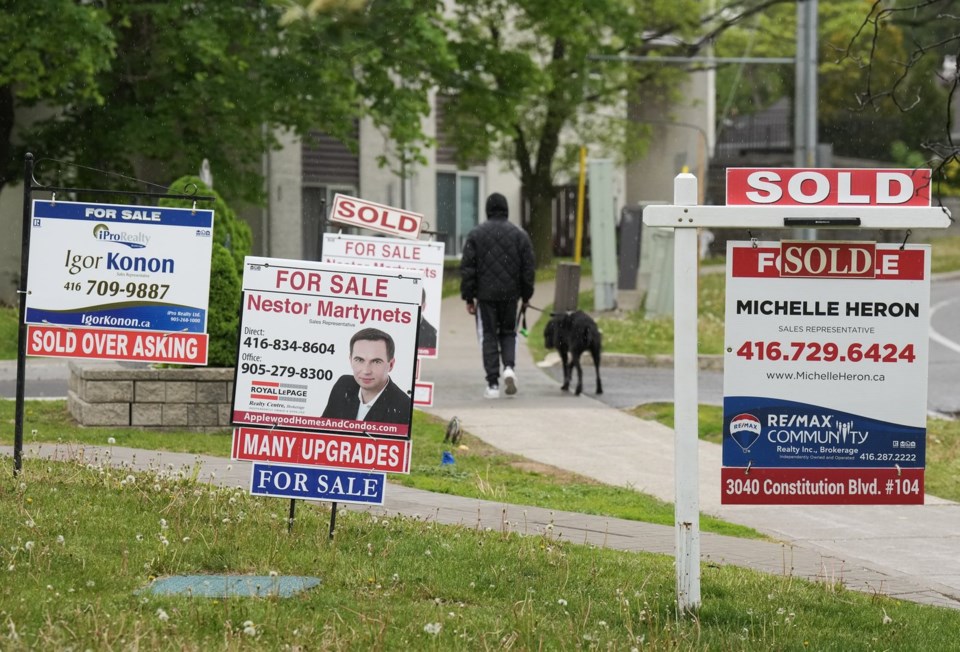Being mortgage free can seem like a distant goal when the outstanding balance is in the hundreds of thousands of dollars and most of your regular payments are going toward paying interest.
But if you can afford it, financial experts say making additional lump-sum payments can help speed your path to being debt free.
"Making lump sum payments on your mortgage is a pretty powerful strategy to save on your interest and become mortgage free a lot sooner," says Patty Hopper, a mobile mortgage specialist at Vancity in North Vancouver, B.C.
By making a lump-sum payment on your mortgage in addition to your regular payments, you reduce the outstanding balance. This saves you cash in the long run because you'll no longer be paying interest on that amount.
Hopper said a lot people don't have the extra cash flow to make an extra payment, but if you're lucky enough to receive a bonus at work or a tax refund, that can be used to make a lump-sum payment once a year.
"Any little bit is going to save you interest," Hopper said.
When mortgage rates were less than two per cent, the case for using extra cash to make additional payments instead of investing that money in hopes of making more than you were paying in interest was hard to make.
But with higher interest rates combined with volatile stock markets, the case for trying to do better by investing the money versus the sure thing of paying down additional debt and saving on interest is harder to make.
Mengdie Hong, a senior financial planner at RBC in Ottawa, said you want to compare your mortgage rate and expected return on the investments.
"In simple words, if your mortgage rate is higher than what you expect from your investment ... it may be best to allocate this excess cash to the mortgage, but if your expected return is noticeably higher than the mortgage, you may want to invest," Hong said.
Making lump-sum payments on your mortgage can also help keep any rise in your payments in check if you face a higher interest rate upon renewal, because your outstanding balance will be lower.
And if you find yourself selling your home before you've fully repaid your loan, you'll end up with more cash in hand because of the lower amount you owed.
"You've got more cash on hand to make your next purchase or to move forward in the next leg of your journey," Hopper said.
The size of any lump-sum payment aren't without restrictions, which will vary between lenders. How much you can repay early and how often will be laid out in the documents you signed when you took out the loan.
Both Hong and Hopper say extra payments on your mortgage shouldn't be made in isolation and must be considered as part of your overall financial plan. The status of your emergency fund, RRSP, RESP and TFSA contributions, and other debts all need to be considered.
Hong said if you have other, higher-interest debt, such as outstanding credit card balances, that may be where you want to be making extra payments.
"So before you apply this lump sum, you may want to review all the debts that you have," she said.
Hong says paying down your mortgage and becoming debt-free sooner feels great, but you don't necessarily want to do it at the expense of flexibility.
"We always want to have flexibility and options in our financial plan," she said.
This report by The Canadian Press was first published June 5, 2025.
Craig Wong, The Canadian Press



